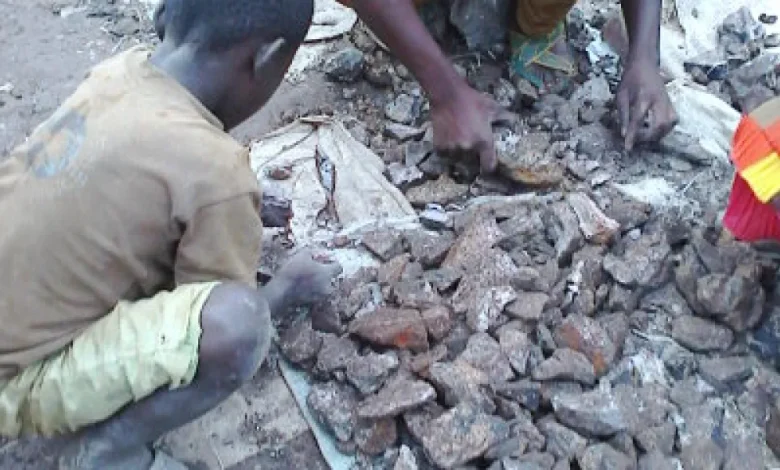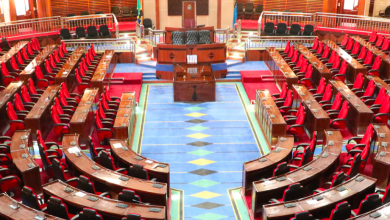Tanzania makes strides in curbing child labour

DODOMA:TANZANIA has recorded significant progress in its fight against child labour, with the latest data from the Prime Minister’s Office (Labour, Youth, and Employment) indicating a decline from 29 percent in 2014 to 24.9 percent in 2021.
This was revealed on Thursday by the Deputy Minister in the Prime Minister’s Office responsible for Labour, Youth and Employment, Mr Patrobas Katambi, as Tanzania joined the international community in marking the World Day Against Child Labour.
“Every year on June 12, the international community observes this day to raise awareness and educate societies about the dangers of child labour,” Mr Katambi said. “Tanzania, as a member of this global movement, is commemorating the day by conducting workplace inspections and educating the public to ensure labour laws are upheld.”
Despite the positive trend, Mr Katambi underscored that the Government and its partners still have a long way to go to completely eradicate child labour. He emphasized the need for joint efforts to ensure children are protected from exploitative practices that deny them their right to education, safety, and childhood.
To accelerate progress, Mr Katambi directed the Commissioner of Labour to lead a two-week nationwide inspection campaign targeting workplaces, and urged citizens to report cases of child exploitation, especially where children are denied their basic rights, including access to education.
This year’s global theme, “Progress is clear but there’s more to do: let’s speed up efforts,” resonates strongly with Tanzania’s agenda, the Deputy Minister noted, calling for renewed commitment to eliminating child labour in all sectors.
The International Labour Organization (ILO) has commended Tanzania’s efforts. According to Ms Glory Blasio, ILO National Project Coordinator, the country’s 10-percent reduction in child labour over a four-year period marks a “significant achievement.”
“More than 80 percent of child labour in Tanzania is found in the agricultural sector, particularly in cotton farms,” Ms Blasio said. “ILO is working closely with the Government to implement targeted interventions in these areas.”
She noted that for long-term success, communities must promote decent work opportunities for adults and strengthen social security systems.
“Social protection enables parents to support their children during economic hardships, reducing the risk of child labour,” she added.
On her part, Labour Commissioner Suzan Mkangwa announced that her office will conduct special inspections across the country to identify and eliminate child labour, particularly in domestic work, mining, and agriculture, where the problem remains acute.
Tanzania is a signatory to several international conventions that protect children’s rights, including the UN Convention on the Rights of the Child (1989), ILO Convention No. 138 on the minimum age for employment, and ILO Convention No. 182 on the worst forms of child labour.
These international agreements have been incorporated into domestic laws such as the Law of the Child (Cap. 13) and the Employment and Labour Relations Act (Cap. 366).
Additionally, the Government has implemented key national frameworks to address child labour, including the National Plan of Action to End Violence Against Women and Children (2024/25–2028/29)—known as MTAKUWA II—and the National Strategy to Eliminate Child Labour, developed under the Prime Minister’s Office.
Mr Katambi concluded with a strong message: “A child is not a source of labour; a child is a national treasure. Let us unite to protect our children and give them the freedom to grow, learn, and pursue their dreams.”





